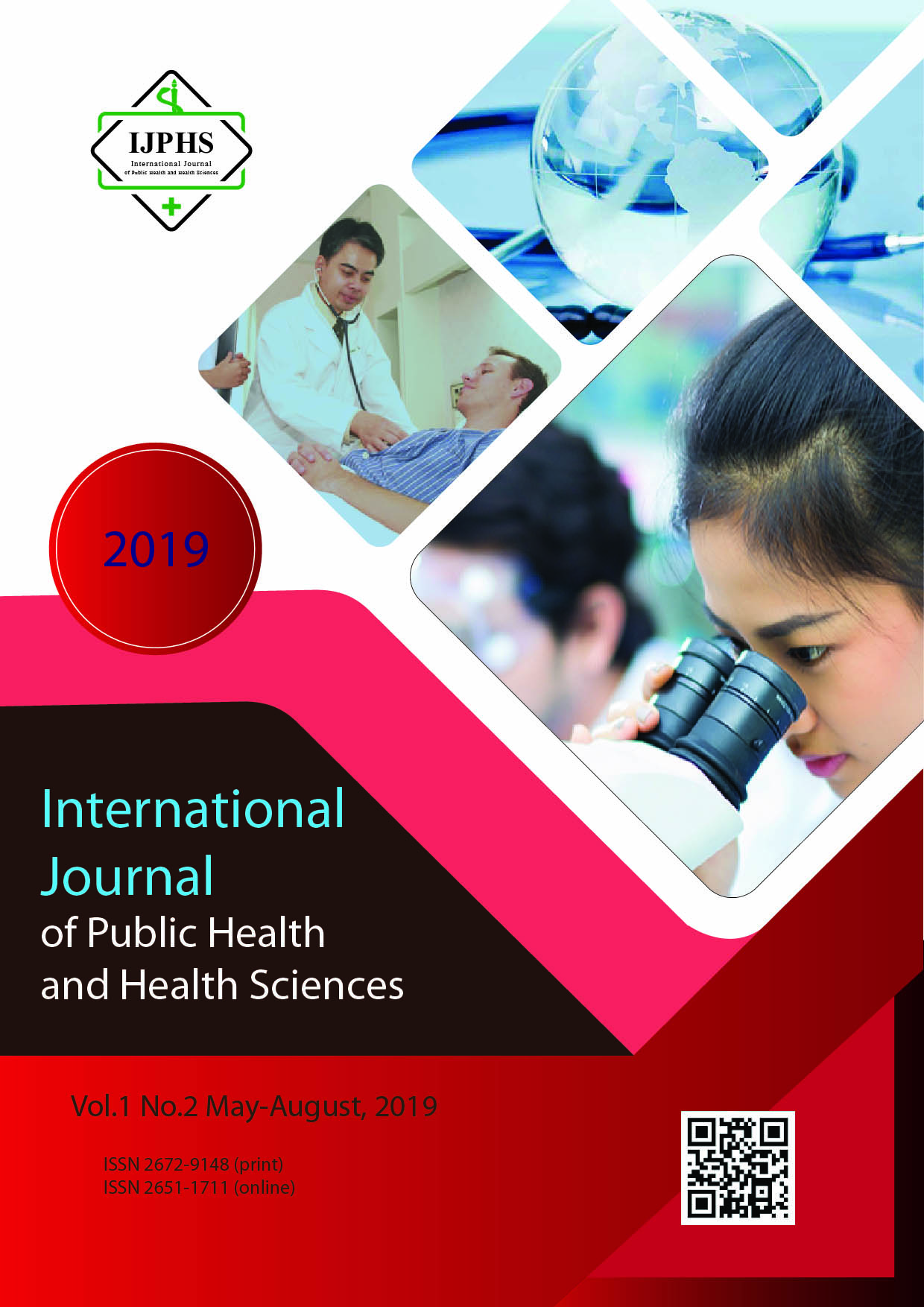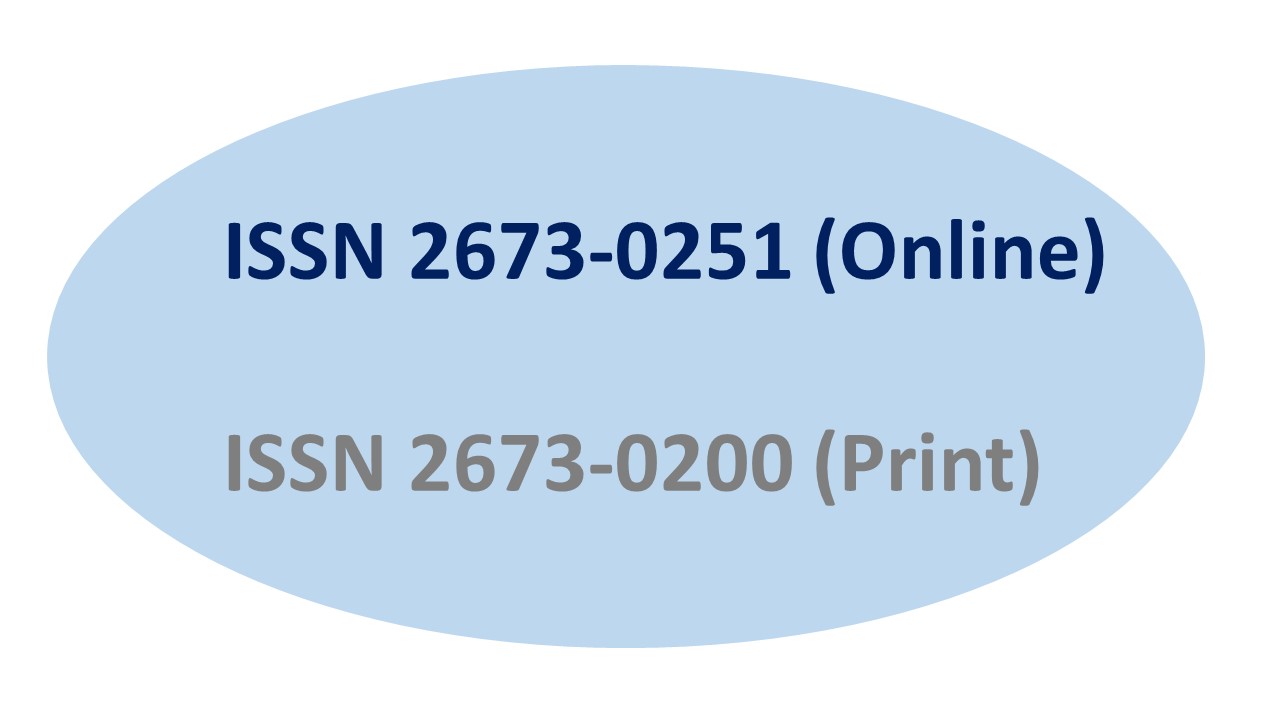Development of Dhammanamai Health Promotion Handbook on Stress Management for Students in Kanchanabhishek Institute of Medical and Public Health Technology
Keywords:
Dhammanamai, Health promotion, Stress managementAbstract
Background: Stress has a powerful impact on individual’s mind and well-being. Dhammanamai, a principle in Thai traditional medicine, has been recognized to reduces stress. However, scientific reports about the benefits of dhammanamai are limited. This study aimed to 1) develop dhammanamai health promotion handbook on stress management for students in Kanchanabhishek Institute of Medical and Public Health Technology (KMPHT), 2) compare the knowledge on stress management before and after using the handbook and 3) evaluate satisfaction of subjects after using the handbook. Methodology: This research and development study was divided into four phases: 1) situational analysis to gather ideas for handbook, 2) development of handbook, 3) trial of handbook and 4) satisfaction evaluation of handbook. Participants included six lectures and six students in situational analysis phase. Ninety students in KMPHT were selected by purposive sampling to participate in the trial phase. The ninety subjects were directed to use the developed book for three days. Data was collected using focus group discussion questions, a media quality assessment form, a quiz on stress management knowledge and satisfaction evaluation questionnaire. We analyzed data using content analysis, descriptive analysis and paired t-test. Results: The situational analysis revealed that participants desire the new media on stress management based on dhammanamai principle to be a graphic book with more pictures and less text. Therefore, we developed dhammanamai health promotion handbook containing three sections: 1) basic knowledge about stress, 2) stress management with dhammanamai, and 3) alternatives methods for stress management. The average score of knowledge about stress management (scale = 0-20) after using the developed handbook (x̄ =18.16) was significantly higher than before using (x̄ = 12.86) (p<0.001). The level of overall satisfaction (scale = 0-5) on the handbook was high (x̄ = 4.40). The aspect of the handbook that earned the highest satisfaction was language (x̄ = 4.45), followed by design (x̄ = 4.40). Pictures earned the lowest satisfaction (x̄ = 4.36).
Downloads
Published
Issue
Section
License
If the manuscript is accepted for publication, copyright of the article shall be assigned to the IJPHS. After acceptance of a manuscript, the authors will be requested to complete a copyright transfer agreement form







